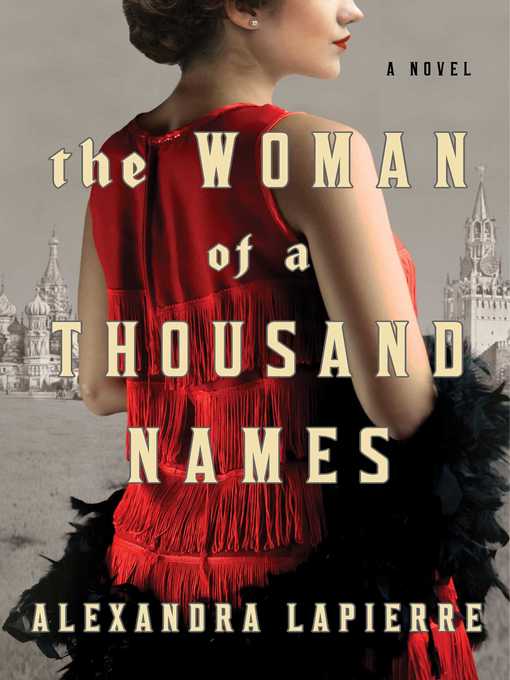

Shortly after the warden drives off, two fellow inmates turn up, stowaways from the warden's trunk - trouble-maker Duchess and his hapless but sweet protegé, Woolly. (Billy has been ably taken care of by a neighbor's hard-working daughter, Sally, during Emmett's absence she's another terrific character.) The kindly warden who drives Emmett home reminds him that what sent him to the Kansas reformatory was "the ugly side of chance," but now he's paid his debt to society and has his whole life ahead of him. The novel begins on Jand ends on the same date, clearly not coincidentally, as “A Gentleman in Moscow.” When we meet him, Towles' latest hero, Emmett Watson, has been released a few months early from detention in consideration of his father's death, the foreclosure of the family farm, and his responsibility for his 8-year-old brother, Billy.

“The Lincoln Highway,” which owes a debt to “Huckleberry Finn,” revisits American myths with a mix of warm-hearted humor and occasional outbursts of physical violence and malevolence that recall E.L. Towles' new novel ranges further geographically - from Nebraska's farmland to New York's Adirondacks by way of some of New York City's iconic sites - but its action-packed plot is compressed into just 10 days. Scott Fitzgerald and its title from George Washington's “Rules of Civility & Decent Behaviour in Company and Conversation.” His much-loved second novel, “ A Gentleman in Moscow (2016),” incorporated nods toward the great Russian writers and shades of Eloise at the Plaza and Wes Anderson's “ The Grand Budapest Hotel.”" Mostly confined to a single setting - Moscow's luxurious Metropol Hotel - it spanned 32 years under Stalin's grim rule. His first novel, “Rules of Civility (2011),” set among social strivers in New York City in 1936, took its inspiration from F. Again, one of the ideas Towles explores is how evil can be offset by decency and kindness on any rung of the socio-economic ladder. Like his first two novels, “The Lincoln Highway” is elegantly constructed and compulsively readable. But hitch onto this delightful tour de force and you'll be pulled straight through to the end, helpless against the inventive exuberance of Towles' storytelling. If this book were set today, their constant detours and U-turns would send GPS into paroxysms of navigational recalculations.

Amor Towles' new Great American Road Novel tails four boys - three 18-year-olds who met in a juvenile reformatory, plus a brainy 8-year-old - as they set out from Nebraska in June, 1954, in an old Studebaker in pursuit of a better future.


 0 kommentar(er)
0 kommentar(er)
